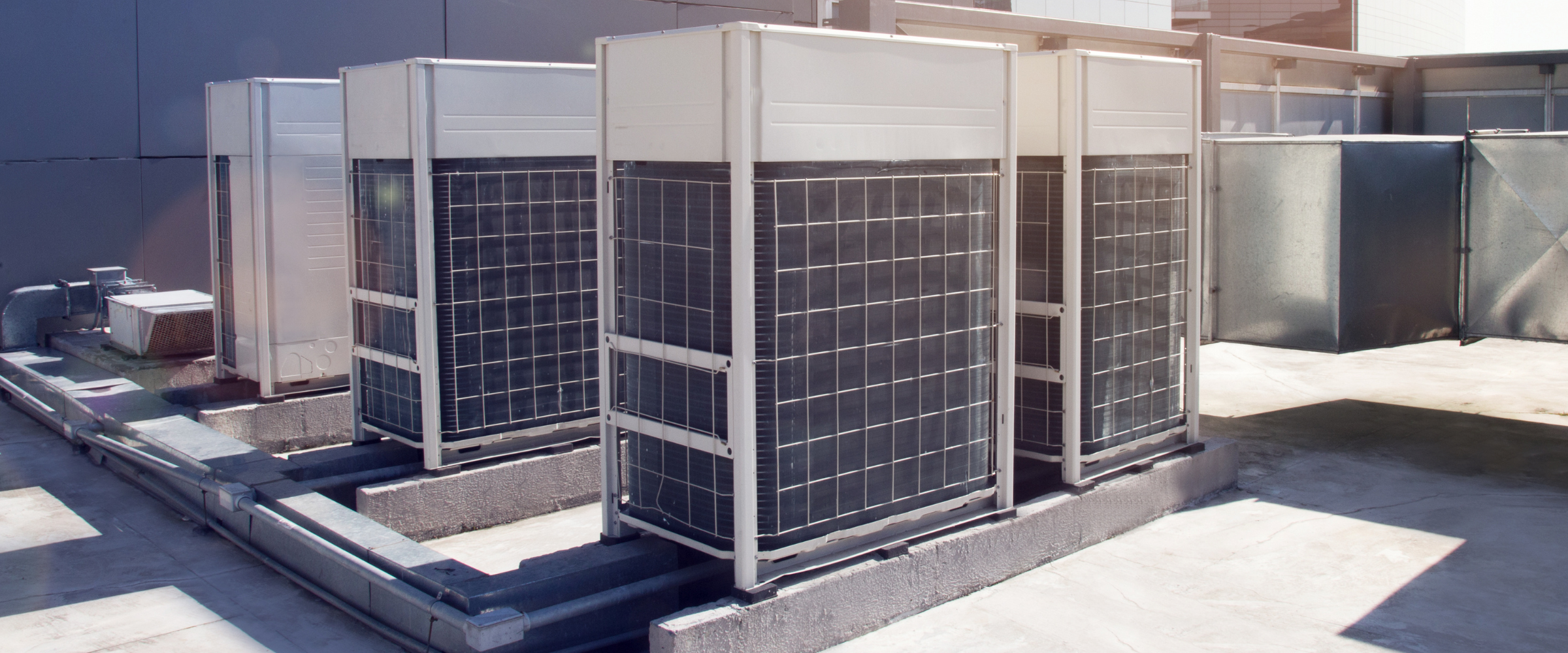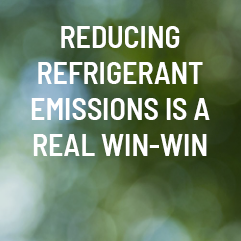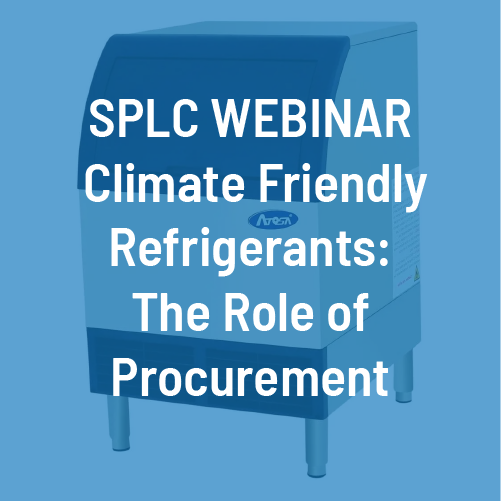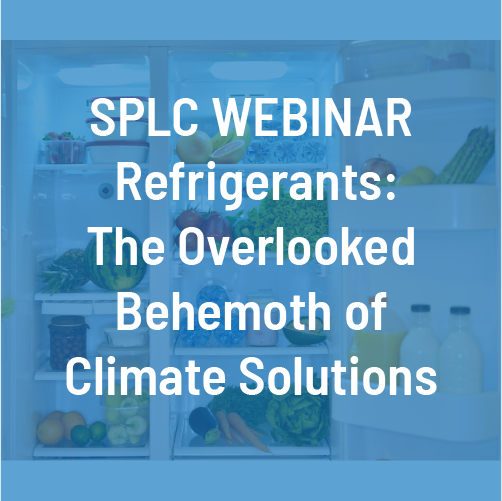Refrigerants Procurement Climate Collaborative

About us
The PCC Refrigerants Working Group is a collaborative multi-stakeholder team combining decades of refrigerants and sustainable procurement expertise towards the reduction of greenhouse gas emissions byway of hydrofluorocarbon (HFC)-based refrigerant replacement and reduction.
HFCs are the most deployed refrigerants and fastest growing greenhouse gas (GHG) globally. Introducing alternative refrigerants is a crucial but often overlooked way to reduce their impact, offering significant benefits for organizations that act swiftly. These refrigerants, used in air-conditioning, heat pump (RACHP) technologies and refrigeration equipment can also be thousands of times more potent than carbon dioxide when leaked, and all refrigerant-containing equipment leaks over its lifetime.
Working together in a flexible, cooperative structure, the PCC Refrigerants Working Group will develop, test, and refine purchasing specifications, pledge programs, guidance documents, and other resources to address these issues for both new purchases and ongoing maintenance of existing equipment. Outputs are expected to empower organizations and the larger purchasing community to implement refrigerant emissions reductions that can be credibly measured and meaningfully communicated in support of an ambitious working group goal to reduce global carbon emissions associated with refrigerants by 99% by 2040.
Impact
Taking a proactive approach to reducing emissions of HFC refrigerants can yield big benefits, including:
Take action now:
SPLC has put together a growing suite of resources that can assist your organization in adopting an effective refrigerant emissions reduction policy and setting emissions reduction targets. These include:
Public Resources:
 |
For SPLC Members Only:
 |
 |
Our Team
|
Refrigerant Emissions Elimination Forum (REEF)* |
NREL |
*Co-lead
Our Sponsors
 |
If you are interested in participating in the Refrigerants Procurement Climate Collaborative (PCC) Working Group and/or sponsoring its mission, please email info@sustainablepurchasing.org.
